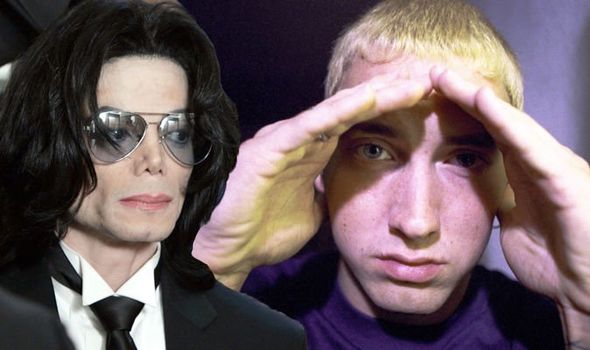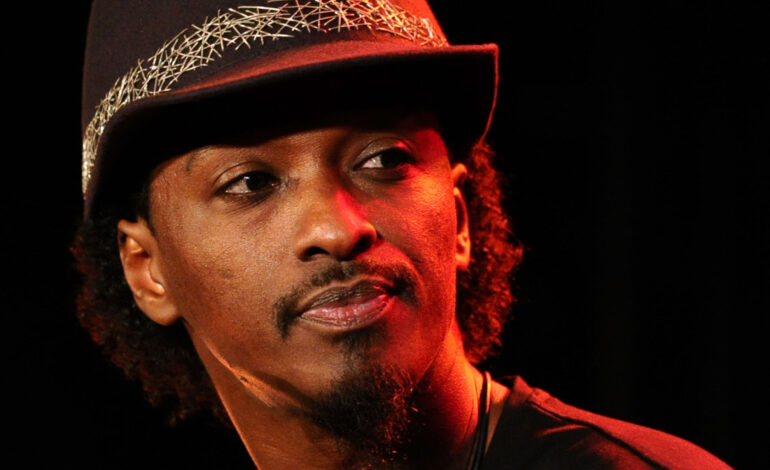The telenovela that Uganda’s music industry has many recurring tropes: triumphant rags to riches tales, suspicious industry plants, and loveable one-hit wonders — but nothing creates drama quite like a juicy beef. Today, Uganda’s music industry’s point of entry is wider than ever, and with the market oversaturated with the likes of TV stars, Actors, “tik-tokers”, bloggers and other influencers and viral personalities, it’s becoming harder to stand out. Feuds have become a ritual combat for Ugandan artists at the top — mostly relating to perceived threats to their “territory” — and a common tactic to constantly dominate the 24-hour news cycle.
Territorial feuders are usually repeating offenders; Jose Chameleone, Pallaso, Alien Skin, Full Figure, Kapa Cat, Omutujju and the late Isma Olaxes (yes, really) to name but a few.
Bebecool, who was at the top of his game since the early 2000s alongside powerhouse, Bobi Wine, turned what started out as a friendly mutual music takeover into an all-out war. A battle for an arbitrary spot at the top resulted in diss songs, accusations of various family matters and not so subliminal disses.
Despite efforts from Eddy Kenzo, Big Talent’s CEO, , and other music stakeholders to bring the two together for collaborative songs and performances, to this day the feud remains unresolved.
Benchmarking From the USA
Over the years, in what seems to be an effort to protect her spot in the rap game, female rapper from the 90s Lil’ Kim has taken on Faith Evans, Eve, 50 Cent as well as a young and up-and-coming, Nicki Minaj. That particular feud began when Minaj released images for her 2007 Playtime Is Over mixtape, which bore a resemblance to Kim’s 1996 album cover for Hard Core.

They traded shots over three years and finally addressed the brewing animosity directly in 2010. During a Hot 96 interview, Minaj directly addressed Kim, saying: “You’re going to go down in history now as a sore loser, as opposed to going down in history as the Queen.”
Kim continued to call Minaj a “clone” for biting her style, photo shoots, and album covers, but it was Minaj who came out on top. Scrambling to shoot down a new talent rather than cosigning her not only made Kim look bitter but squandered an opportunity to foster a landscape in rap that made room for many more females MCs.
What Comes Around Goes Around
The irony of Minaj’s 2010 Hot 96 interview isn’t lost on anyone. As far as sore losers go, the unfolding events of 2018, which saw Cardi B’s rise to fame and Minaj erratically pine for the spotlight despite having it all along, unveiled a familiar scene, but with a few key differences.
In a profile with Elle, Minaj shared harmful views on sex workers, a stance at odds with her music (‘Rich Sex‘), to seemingly diss Cardi’s past as a stripper. When she was criticised on Twitter, Minaj doubled-down on her views and encouraged her allegiance of stans, to dox, harass and even physically harm her critics.
When Cardi B called herself the “King of New York”, on Lil Yachty’s Who Want The Smoke in response to a contentious Tekashi 6ix9ine Instagram post, it all seemed to be lighthearted hip-hop banter. Minaj’s ensuing controversial collaboration, ‘FEFE’ with the controversial Brooklyn rapper 6ix9ine (who’s currently on trial for a slew of charges that include armed robbery and attempted murder) was surprisingly petty, even by her standards.
Minaj’s antics were labelled desperate and hypocritical. The backlash surrounding her decision to collaborate with 6ix9ine outshone all of the positive press surrounding her album, Queen. Once again, choosing to double-down and publicly defend him, infuriated critics and fans alike when she announced he’d be joining her 2019 world tour — which was subsequently cancelled due to poor ticket sales.
Her bad choices accumulating, Nicki Minaj’s integrity, commercial viability, and hypocritical feminism were called into question.
In December of 2018, Cardi opened up about her beef with Minaj. “I think it’s bad for business,” Cardi told CBS. “You know a lot of people like to say all publicity is good publicity but to me, it’s not, because that takes away people paying attention to your craft. It makes people not even care about your craft. They just want to see drama.”
Is The Beef Worth It?
Having a reputation for causing drama may keep an artist in the headlines, but whether its a sustainable model in a dog-eat-dog industry is debatable — Bebe Cool is one case in point.
In a discussion on celebrity beef, I appeared on a one youtube cahnnel to analyse and defined this style of combat as relational aggression. “[It’s] a type of aggression in which harm is caused by damaging someone’s relationships or social status.” I added that “it’s different from [physical] aggression. Relational aggression tends to be subtle and manipulative.”

Up until 2018, when it came to feuding with Bebe Cool it was obvious who would come out on top. Jose Chameleone, Tuff B, Radio and Weasel, and entertainment critic Eddy Sendi are just a few who have come in and out of Bebe’s such orbit, only to either be spat out or have things settled later. Humiliating and damaging their social status was the Gagamel boss famous finisher — not to mention his other signature move: downplaying their financial well-being.
Back To The USA
“A LOT OF PEOPLE LIKE TO SAY ALL PUBLICITY IS GOOD PUBLICITY BUT TO ME, IT’S NOT, BECAUSE THAT TAKES AWAY PEOPLE PAYING ATTENTION TO YOUR CRAFT.” – CARDI B
Kylie Jenner, Nicki Minaj, and Kim Kardashian have all been embroiled in Drake’s conflict just by way of whoever they were dating. In 2015, on 6pm In New York, Drake took a swipe at Tyga, rapping: “You need to act your age and not your girl’s age”, in reference to the then 17-year-old Jenner.
Later that year, when Meek Mill accused Drake of using a ghostwriter, all bets were off. It began — as most things do — with a tweet: “Stop comparing Drake to me too…,” Meek wrote, “He don’t write his own raps!”
It turned out that no one cared whether or not Drake wrote his own bars, and Meek’s self-assured hubris saw his blunder escalate into an all-out war. It was speculated that Meek’s attack on Drake was somewhat brought on by his romantic involvement with Nicki Minaj, whose position at the top of the game, alongside Drake, was a level Meek had not yet achieved.
On ‘Back To Back‘, Drake spits, “Is that a world tour or your girl’s tour?” Spurring a collective cheer from the Internet, Meek was invariably decided to be the loser, and coming after Drake left his social standing on shaky ground.
Look What You Made Me Do
Despite the tiresome back and forth of beef, which spans every format from disses on Soundcloud, subliminal Instagram posts and pointed Tweets, the world of platinum-selling pop remains fascinated by threats and insults.
When Pusha T took a turn at Drake in 2018, on his album Daytona, it appeared the G.O.O.D. Music rapper had defeated him. After Drake (once again), released diss track, ‘Duppy Freestyle’, in which he references Pusha’s fiance by name, things came to a head.
Pusha’s response exposed instances of blackface and a secret child, cracking Drake’s long sustained good-guy veneer. Suddenly all the bad behaviours that were ritually glazed over; his speculative poor treatment of women, his relationship with underage girls, were being looked at with a lens of suspicion.


